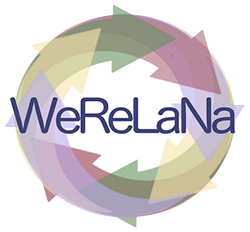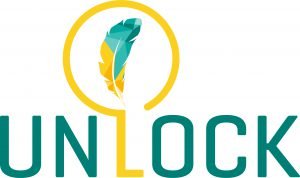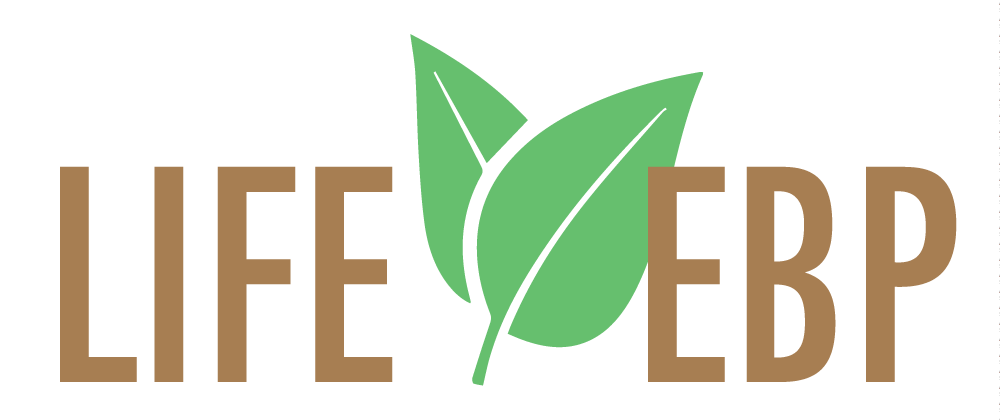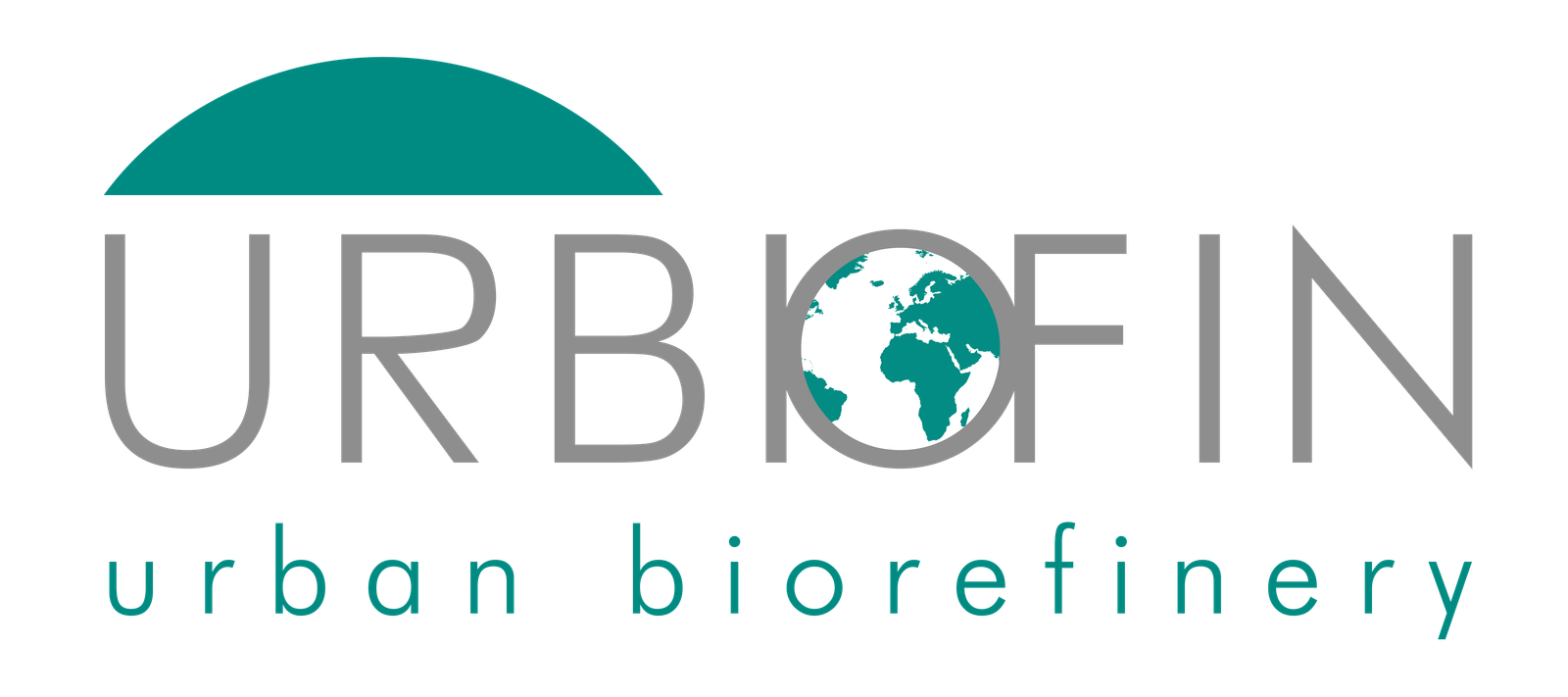Bioeconomy Ventures project
Project concluded

Boosting European bioeconomy start-ups
The European Bioeconomy Strategy aims to accelerate the deployment of a sustainable European bioeconomy, which includes food security, the sustainability of natural resources, and reduced dependence on non-renewables. The EU-funded BioeconomyVentures project will develop a reference platform for bioeconomy-based start-ups and spin-offs seeking to gain access to finance. The platform will serve as a main meeting point for the bioeconomy entrepreneurship field. It is part of the project’s overall goal of building a first of its kind bioeconomy entrepreneurship ecosystem, boosted by the BioeconomyVentures Ambassadors Programme. It will also create an assessment methodology to qualify and quantify the needs of the start-ups and spin-offs though the BioeconomyVentures evaluation matrix.
Contacts:
Filippo Giancarlo Martinelli (MBA, PDEng, MSc): Filippo@bioeconomyfoundation.com
European Ambassador at Irish Bioeconomy Foundation (IBF) and coordinator of the BioeconomyVentures BBI CSA Project
Founding source: BioeconomyVentures project is cofounded by H2020-EU.2.1.4. H2020-EU.3.2. H2020-EU.3.2.6.











